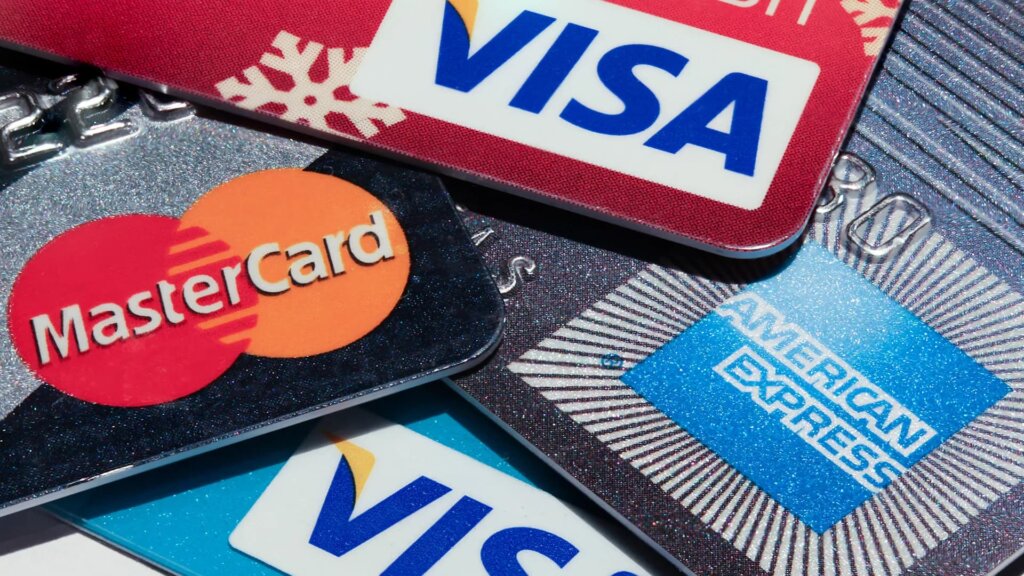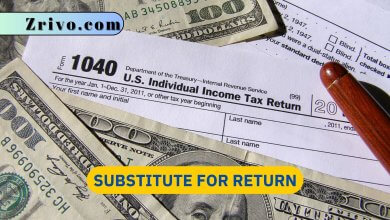How Would Credit Card Companies Ever Pause Transactions?
An authorization hold is a common procedure credit card companies use to prevent fraudulent transactions and keep cards at or near their authorized limit.

Contents
A credit card company cannot stop a pending transaction from a merchant, although you can cancel it yourself before the merchant processes your item for shipping or posts it to your billing statement. If you suspect a pending charge is fraudulent, you should contact the merchant and request a refund. Most financial institutions have a zero liability policy for fraudulent charges, but you will still need to file a chargeback with the credit card issuer.
If you’re not able to pay your credit card balance on time, you should consider contacting your card issuer to see if they have a hardship program. These programs provide temporary relief when you experience a financial hardship, such as loss of employment or a significant medical emergency.
Many card issuers also offer a pause feature that allows you to temporarily freeze your card for up to 12 months. This can be an excellent way to prevent unauthorized use by an authorized cardholder or to control spending. However, if you’re struggling with debt, you should work to get it under control before freezing your credit cards. Otherwise, you could risk losing your home or having your utilities cut off due to unpaid debts.
Can You Request a Pause on Credit Card Payments?
Many credit card companies offer programs for customers experiencing financial hardship. These programs are called forbearance and can include pauses on credit card payments or other types of assistance like payment reductions or interest rate waivers. These programs are most popular during times of crisis, such as the coronavirus pandemic, when millions of people lost jobs or had their wages reduced.
To qualify for a forbearance program, you will need to provide proof that you are facing a financial hardship, such as losing your job or having less income than usual. You may also need to show that other bills, such as your mortgage or car loan, take priority over your credit card debt.
Once approved for a forbearance program, your credit card company will freeze any new transactions on your account. However, any recurring or automatic payments, such as your utility bill, will continue to be processed, and you will still be responsible for paying the debt you’ve incurred.
A pause on your credit card can help you control overspending. The extra step of asking yourself if you want to make that purchase will give you some time to consider whether it’s a good idea. It can also be helpful if you have trouble with impulse shopping or tend to misplace your credit card.
Why your Credit Card Is Closed Due to Inactivity
Credit card companies may close your account if it has been inactive for a certain amount of time, which could affect your credit score. This is because closing an unused card can potentially impact your credit utilization ratio. The credit scoring formula takes into account your total available credit and your debt-to-credit limit ratio, and having an inactive card could result in a higher credit utilization rate. Similarly, the closure of an inactive card can also impact your credit mix factor, which considers how diverse your credit types are.

Why Do Banks Block Transactions?
Credit card companies can pause transactions for a variety of reasons, often related to security, account management, or legal compliance. Here’s how and why they might do this:
- Suspicious Activity: If unusual spending patterns are detected, like a sudden large purchase or transactions in a foreign country, the company may freeze the card to prevent potential fraud.
- Missed Payments: If the cardholder misses payments or exceeds their credit limit, the company might pause transactions until the account is settled.
- Request from Cardholder: If a cardholder suspects their card is lost or stolen, they can request the company to temporarily freeze the card to prevent unauthorized use.
- Technical Issues: Sometimes, system outages or technical glitches can temporarily halt processing transactions.
- Legal Reasons: In cases where there are legal orders or compliance issues, such as a freeze due to a court order, the company must comply and pause transactions.
- Security Updates: Occasionally, for security upgrades or maintenance, companies might temporarily disable transaction processing.
- Expired Card: If the card has expired, transactions will be automatically paused until a new card is activated.
- High-Risk Transactions: Certain transactions deemed high-risk by the credit card company’s policies might be paused or blocked.





